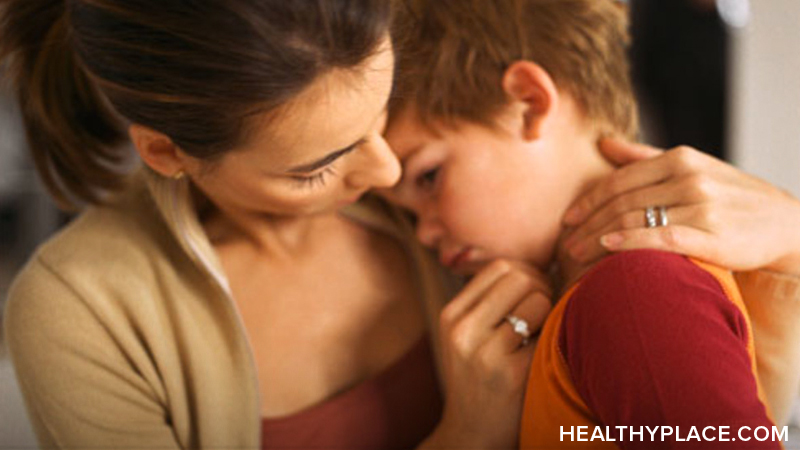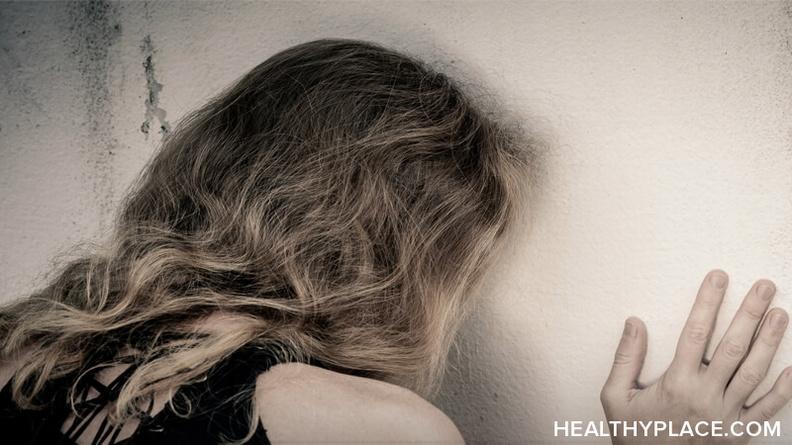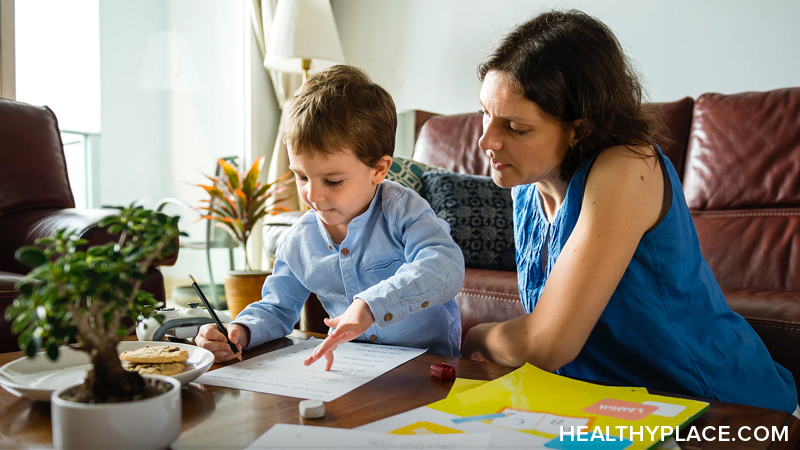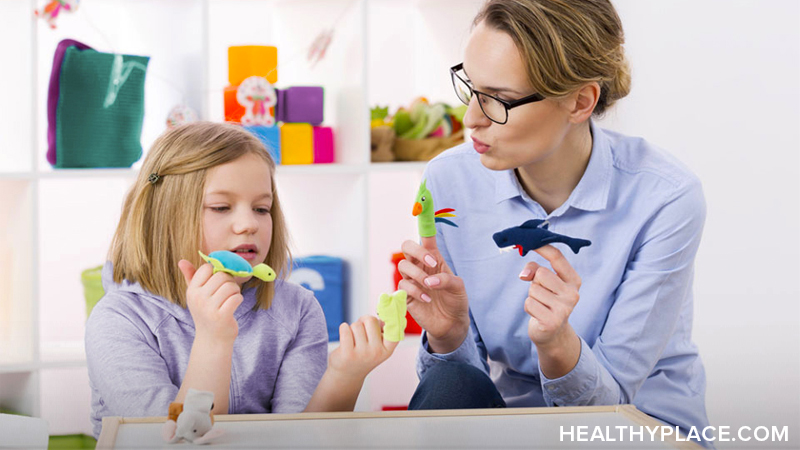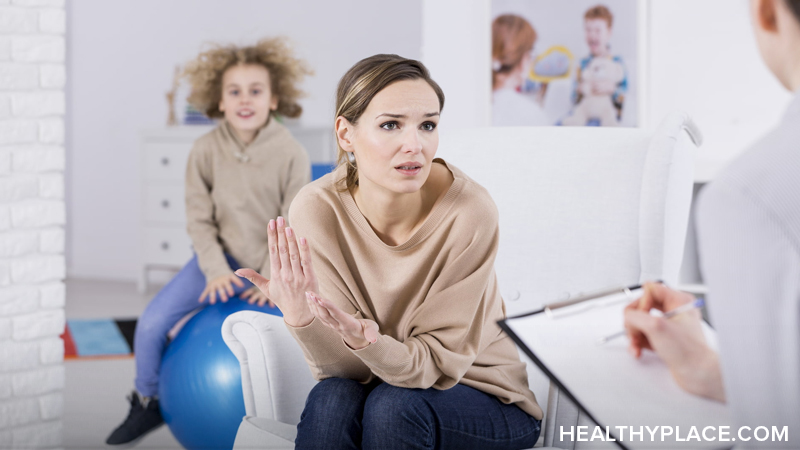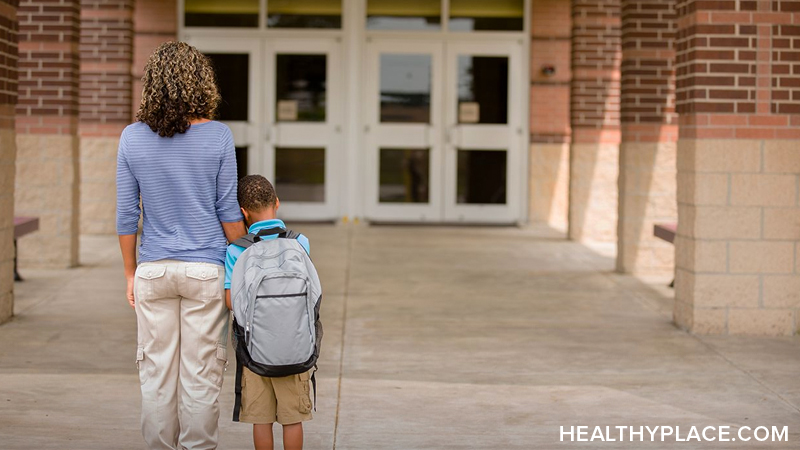What Can Family and Child Counseling Do for Your Family?
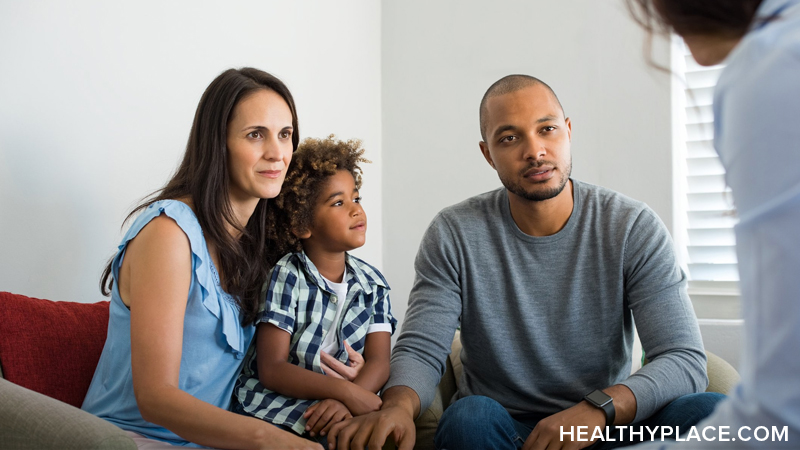
Family and child counseling helps families and the individuals within them create and sustain a healthy, nurturing environment for both parents and children (and anyone else living in the home). All families experience ups and downs, bumps and potholes. That is a normal part of life. If these challenges become a problem, creating dysfunction and interfering in quality life, family and child counseling can help.
The Goals and Beliefs of Family and Child Counseling
A goal of family and child counseling is for the therapist and family “to work together to heal any mental, emotional, or psychological problems tearing your family apart.”
Family therapy has a unique way of conceptualizing issues and the people having them. If you seek counseling for your child, the therapist will focus primarily on your child and their difficulties. While they do talk to and include family members, child therapists concentrate on the child.
Family therapists see things a bit differently. They view each individual as a part of a whole (the family). Family systems therapists believe that individual struggles can be overcome within the context of the entire family. Family members grow individually and the family unit functions in a healthier way when people are seen not as separate pieces but as components of a larger, connected group.
Behaviors are interrelated. If a child is experiencing behavior problems on the playground, for example, these problem behaviors come from the child and also from the family unit. Interaction patterns in a family impact all family members, so it makes sense that healing involves everyone. Parent and child counselors seek to help families understand each other, implement conflict resolution skills, and support each other.
Purpose of Family and Child Therapy: What Issues Can Be Helped?
During therapy, family members work together to develop the necessary tools for family health and healing.
Parent and child therapy helps families with a wide range of difficulties, including:
- Stressful events that tax a family members’ ability to cope, such as ongoing financial problems, death, divorce, natural disasters, etc.
- Mental health concerns of one or more family members, like depression, eating disorders, substance abuse, and more
- Everyday problems that include communication difficulties, stress, overscheduled kids, and others
- Child or adolescent behavior problems
- LGBTQ issues
- Marital conflicts
- Grieving/loss
- Domestic violence
The purpose of family and child counseling is to provide support and assistance to all family members and the family as a unit during difficult times. This type of therapy also exists to help everyone address mental or behavioral health problems for the individual experiencing them and the family who is impacted by them.
Benefits of Family and Child Counseling for Your Family
When all family members attend counseling together, they can benefit from it in many ways. This list shows some of the major benefits of family and child counseling:
- Improved communication among family members
- Increased problem-solving abilities
- Decrease in specific difficulties in the home, at your child’s school, with friends, etc.
- Fostering a sense of togetherness, cohesiveness, and mutual support
- Improved conflict resolution skills
- Decreasing tension and stress in the family
- Learning forgiveness and acceptance
- Building honesty and trust
- Deepened understanding of family dynamics, boundaries, and limits
- Growing empathy among family members, for every family member
Many parents and children report after family and child counseling that they feel closer to each other, more supportive, and better able to communicate in a positive, healthy fashion. Like any therapy, it won’t solve every problem, but it will give families the tools they need to solve problems together and well.
APA Reference
Peterson, T.
(2022, January 11). What Can Family and Child Counseling Do for Your Family?, HealthyPlace. Retrieved
on 2025, November 9 from https://www.healthyplace.com/parenting/child-therapy/what-can-family-and-child-counseling-do-for-your-family


